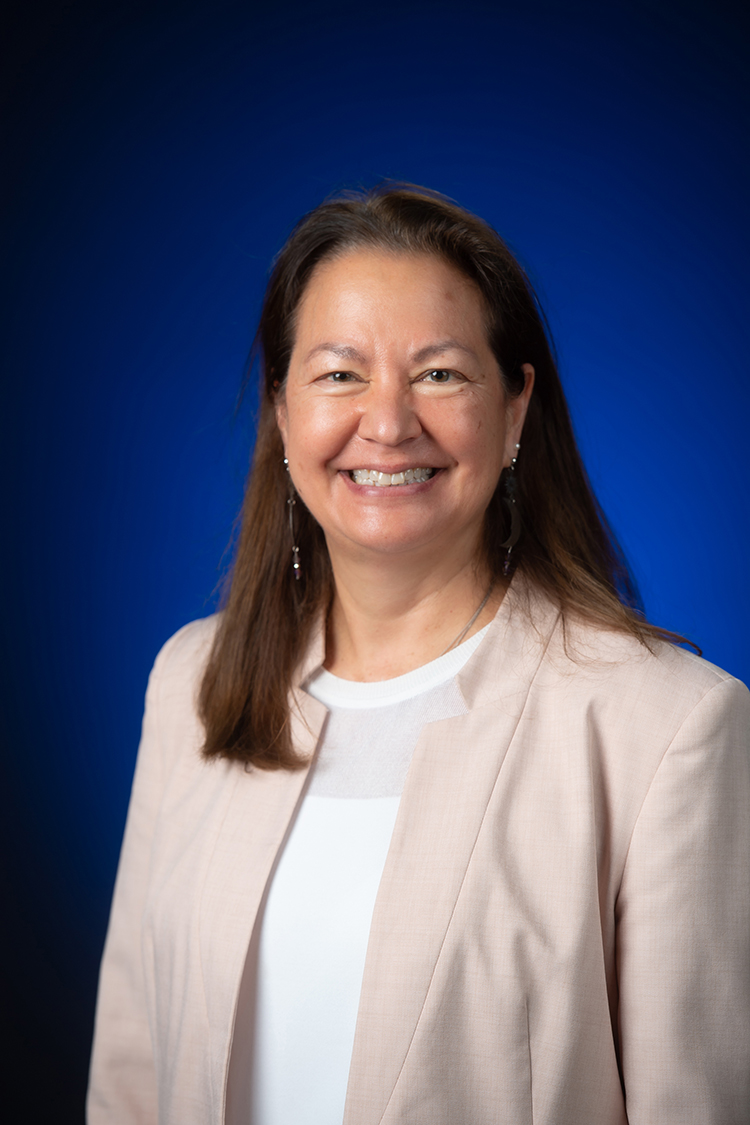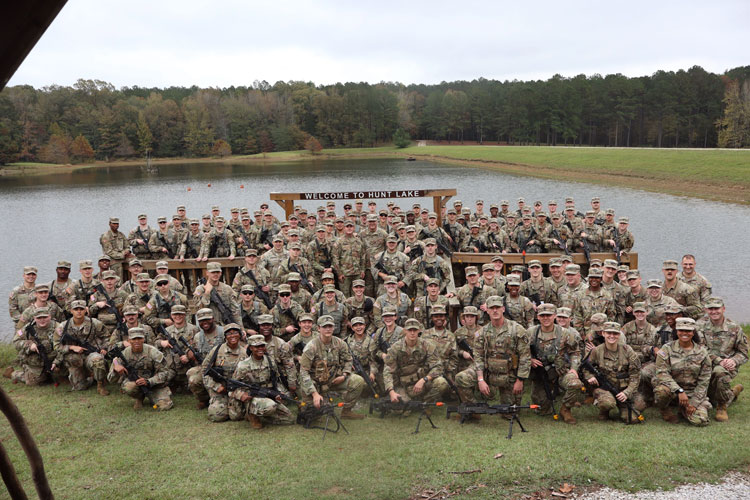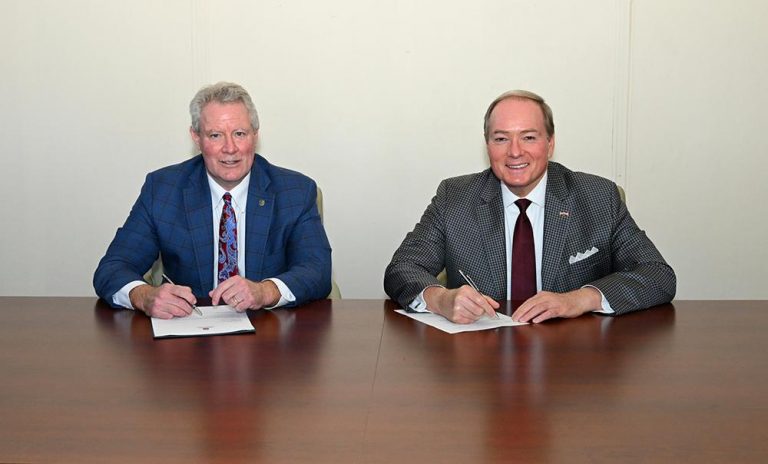
Michelle Hanlon. Photo by Kevin Bain/Ole Miss Digital Imaging Services
Committee to navigate laws, safety regulations of humans in spaceflight
The Federal Aviation Administration has launched a rulemaking committee to develop regulations for human safety in spaceflight with industry representatives from across the country, including the University of Mississippi‘s Michelle Hanlon.
Hanlon, executive director of the Center for Air and Space Law, is among 25 members on the committee. Their objective is to examine potential regulations needed to govern human safety during spaceflight. The Human Space Flight Occupant Safety Aerospace Rulemaking Committee hopes to submit its proposed regulations to the FAA in the summer of 2024.
“It’s a testament to the university and the work we’ve done to now be within the eye of the FAA,” Hanlon said.
The FAA launched the committee on July 27 in response to the upcoming expiration of a moratorium on spaceflight regulations that the U.S. Congress put into place in 2004. The moratorium, which allowed the space industry to grow unheeded, will expire October 1 if Congress does not extend the deadline, as it did in 2012.
“The FAA stood up this working group not because they think the moratorium will be lifted this year, but because we know at some point, the moratorium will be lifted,” she said.
When it does, the FAA will need regulations governing how companies will ensure that spaceflight is safe for human occupants, Hanlon said.
“A lot of industry people don’t want the moratorium lifted because the industry is in its infancy,” she said.
Whereas some transportation regulations have centuries of precedent and best practices to support them, governing spaceflight and safety will present a unique challenge to the committee, Hanlon said.
“Maritime law was built on centuries of tradition and custom, but we can’t do that for space,” she said. “We haven’t been in space for centuries. This is new.”
Hanlon is also serving on a second FAA committee, which first met earlier this summer, aimed at examining liability and waivers surrounding spaceflight.
“In many ways, some of the work of these committees is routine,” she said. “But I think it says something that we are now a part of that routine.”
By Clara Turnage




